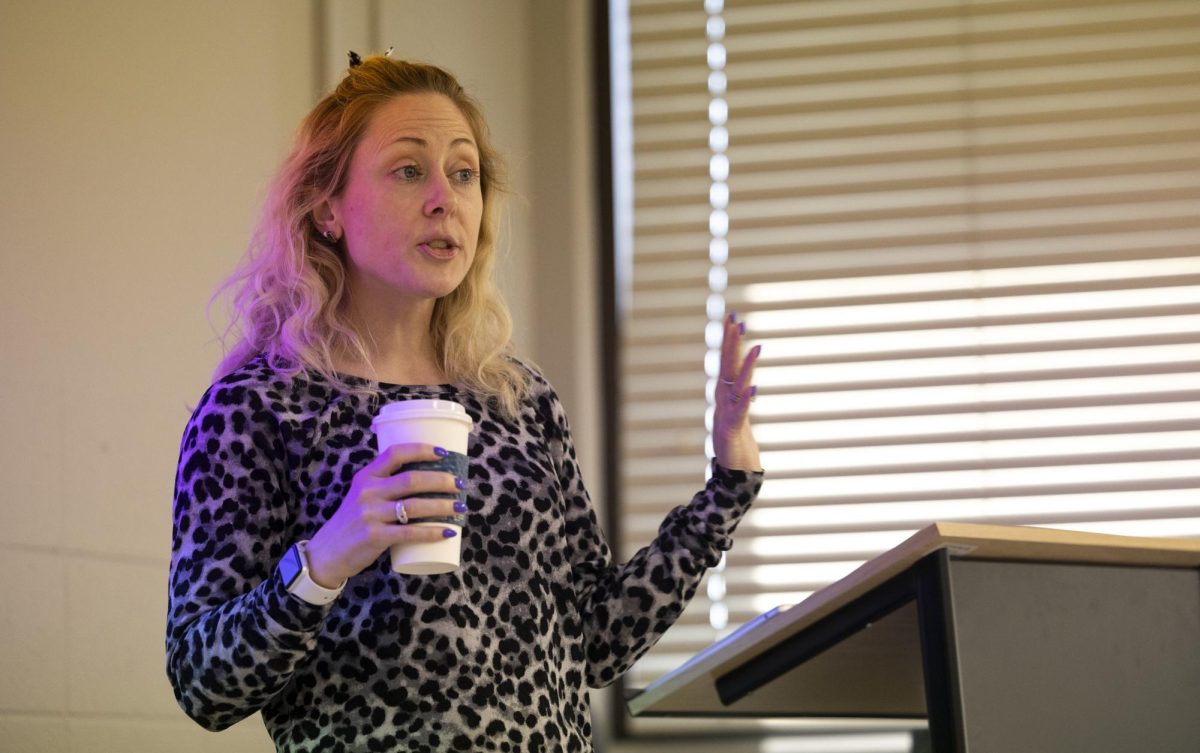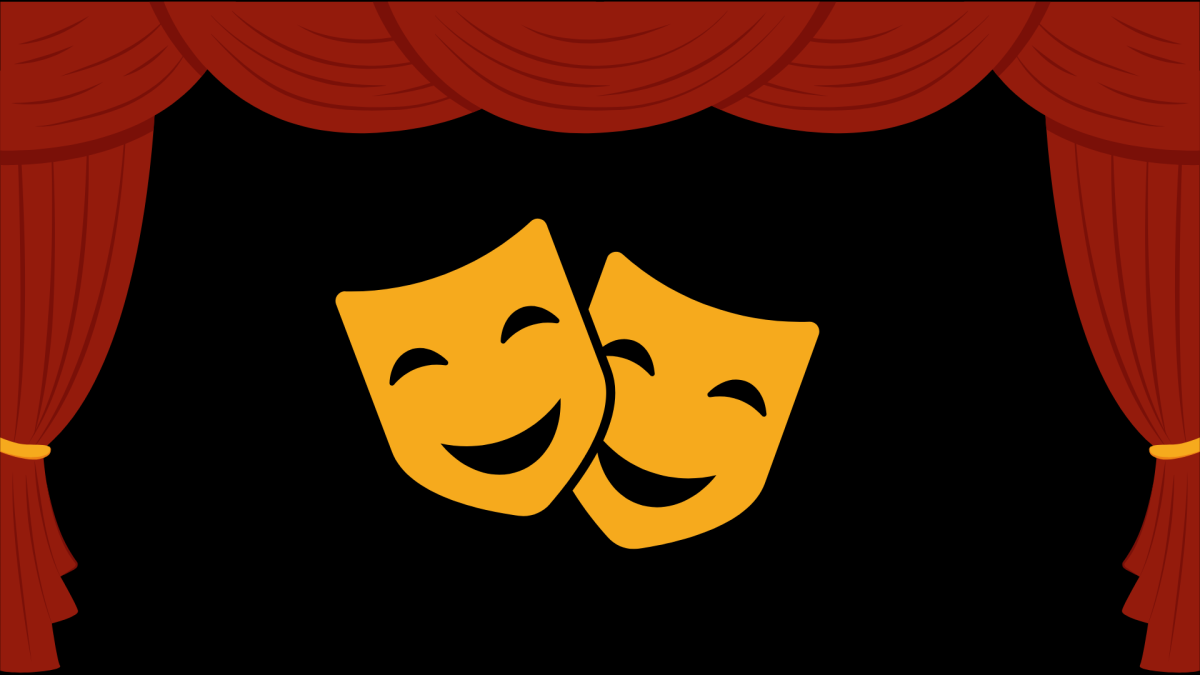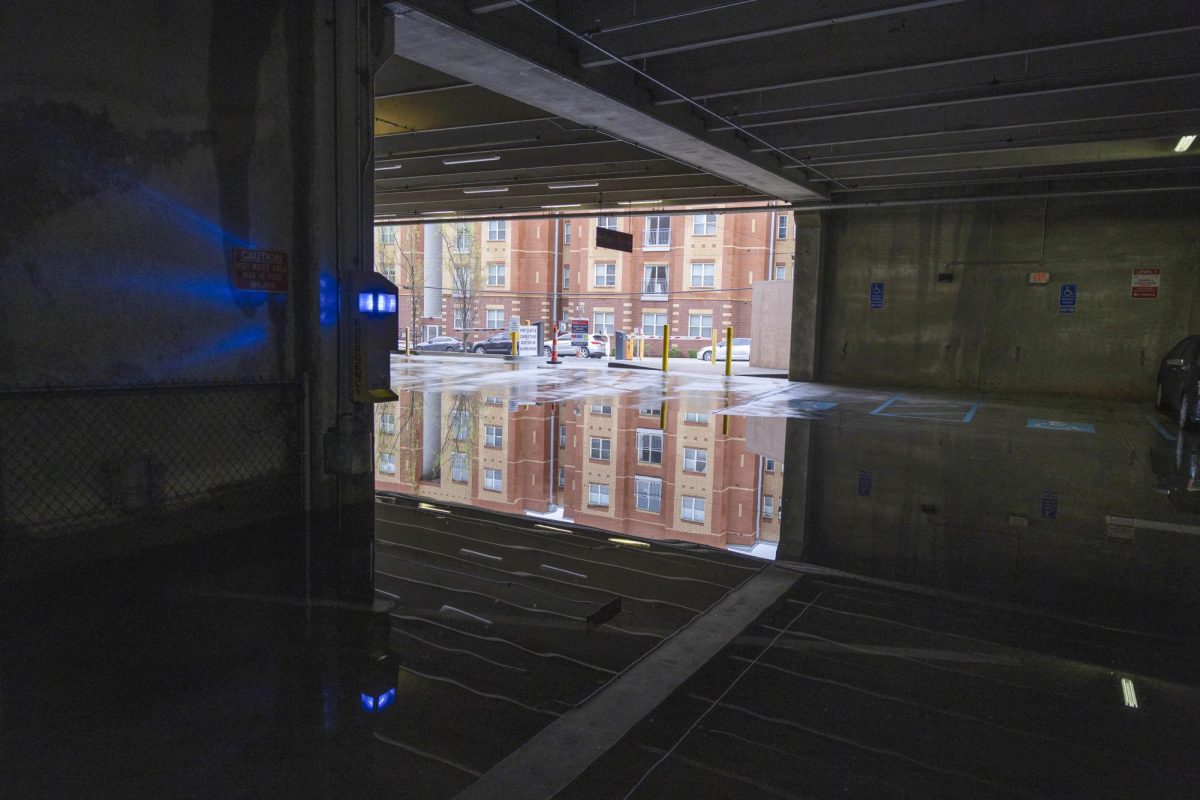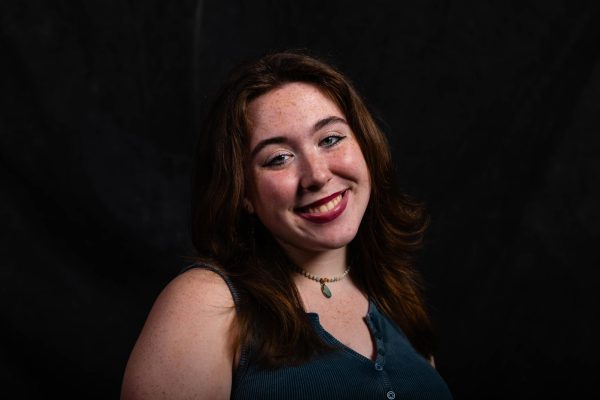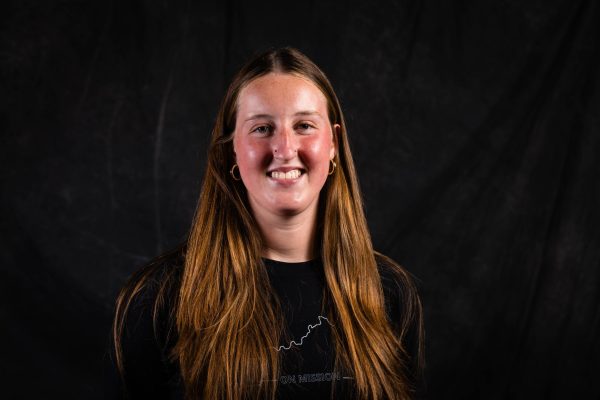M. Shadee Malaklou, inaugural director and founder of the bell hooks center at Berea College, spoke on the legacy of bell hooks as part of the WKU Gender & Women’s Studies program’s annual Gail Martin Lecture Series.
bell hooks was a feminist scholar, author, educator and social activist from Kentucky. hooks taught at Berea College and wrote over 100 books about race, feminism and class, some of which are New York Times bestsellers. Before her death in 2021, hooks and Malaklou established the bell hooks center at Berea College as a testament to her legacy.
Throughout the Thursday evening presentation, Malaklou emphasized that hooks led with love throughout her life.
“bell taught me that love is a verb,” Malaklou said. “An action, an intention, a possibility, a choice, a community, an accountability to ourselves, to each other and to the earth that sustains us.”
Malaklou said that while hooks’ feminism was anchored in that love, today’s feminism “leads with cancel culture.”
She said she wondered how love could return as a “motor” of feminist interventions and critiques. hooks called for the act of love as a spiritual praxis because it connects and liberates people, Malaklou said.
“Bad baby bell knew that we cannot receive love from others or lovingly set the world on fire before we learn to love ourselves,” Malaklou said.
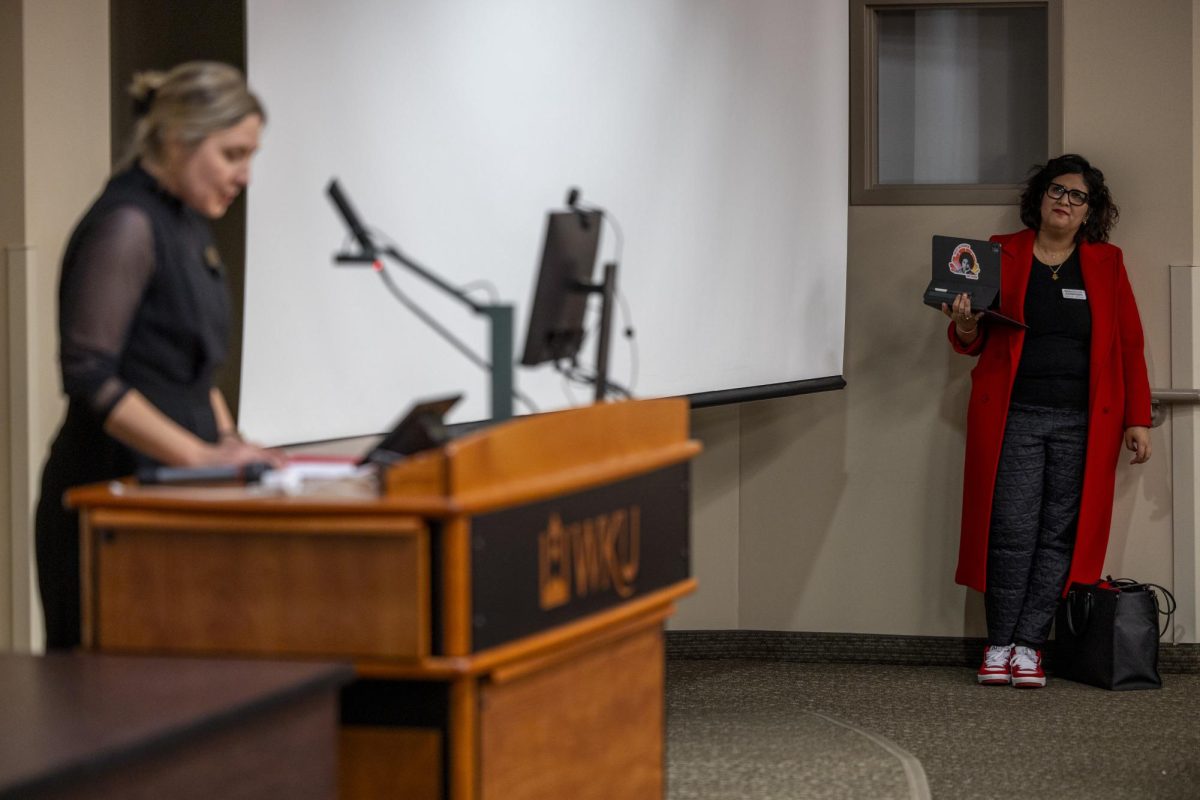
When Malaklou met hooks in 2019, she said she did not have self-love. However, hooks’ friendship and mentorship taught her that love and self-actualization “is what will strike the match that burns down the master’s house.”
“As the children of bell’s teachings, we remain strident, loving too much and too hard,” Malaklou said.
Halee Smith, a junior psychology major, said Malaklou’s discussion of self-love really stood out to her.
“That’s what hooks was really about,” Smith said. “Self love, pouring all that rage from the outside world back into yourself as light, as positivity.”
Malaklou also emphasized hooks’ love for her home state, telling the crowd hooks inherited her radical feminism from “Kentucky’s hills and hollers.”
hooks spent over 20 years at Berea College teaching and mentoring students as a distinguished professor.
According to Malaklou, when hooks began teaching at Berea College, she had said, “I came home to Kentucky because all that I loved remained constant here.”
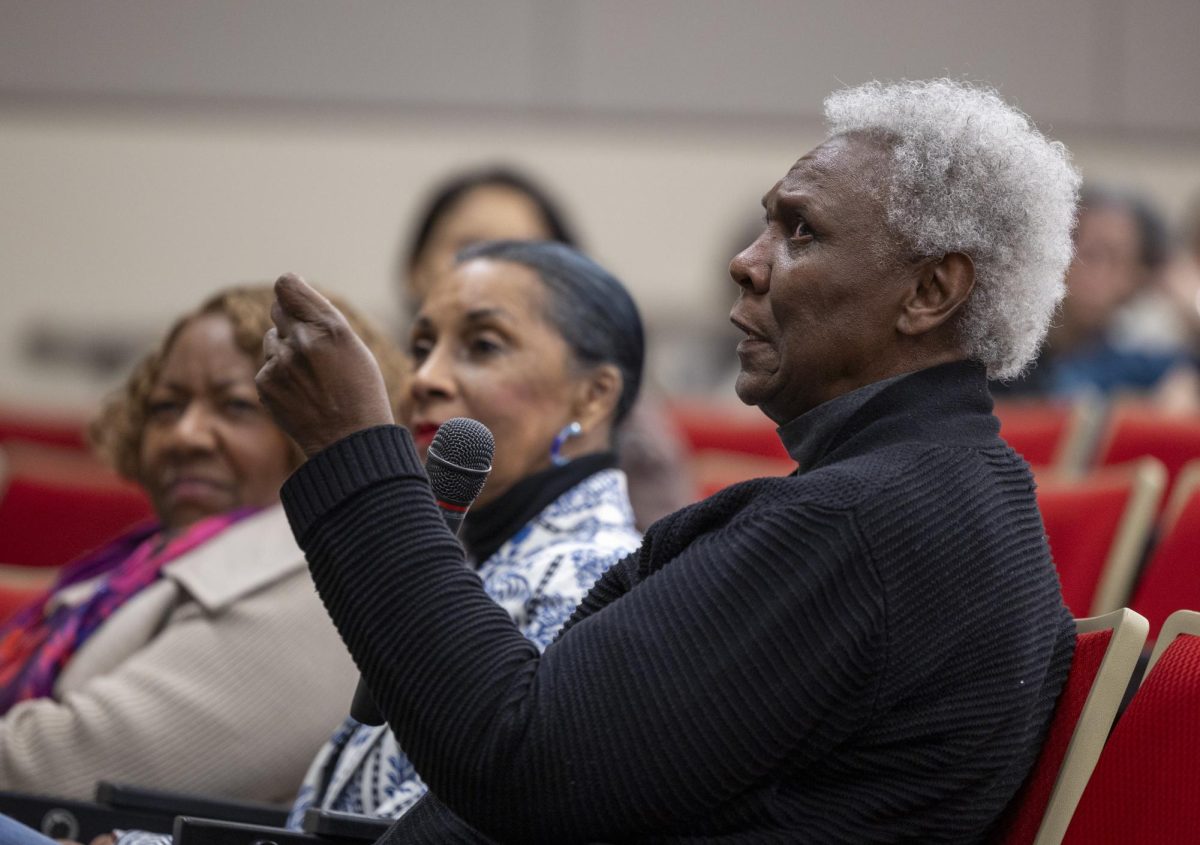
In the final years of hooks’ life, Malaklou said while the pair ate Indian food and shopped on Etsy for Turkish rugs together, they gossiped instead of discussing theory. Malaklou said gossip was hook’s truth telling, a “homegrown way to curate honest, intentional and beloved community.”
“I remember and miss her irreverent gossip,” Malaklou said. “The long pauses before she spilled the tea, the smooth and deliberate movements of her hands as she spun theory from practice, as she held us and loved us, especially when we could not love ourselves, so we could love ourselves.”
Those Turkish rugs now lay in the bell hooks center at Berea College. Malaklou said she wanted to create a space that is beautiful, reflecting “Bell’s insight that, quote, ‘beautiful objects enhance life and that access to beauty should not be determined by socioeconomic status.’”
Malaklou said the center, which is ADA compliant and size inclusive, is “designed to function as a space where historically underrepresented students can come to be as they are.”
“We curate programs, collaborations and events that affirm these students’ sense of self on campus and in the world, equipping them with language and tools to imagine and enact new relationships that need not reproduce the gender hierarchy, which we believe following bell’s teachings is also a racial hierarchy, and which bell also clarifies reproduces the class hierarchies that so many of our Appalachian students experience as a closed door to upward mobility,” Malaklou said.
Malaklou spent part of the presentation discussing anti-DEI actions such as Kentucky’s House Bill 4 and one of President Donald Trump’s day-one executive orders which support the dissolution of diversity, equity and inclusion (DEI) initiatives at higher education institutions.
Malaklou said DEI has never protected “vulnerable persons within the academy,” but instead, are in place to benefit a university’s corporate image. She said even before “Trump’s America,” DEI operated as a “false promise of inclusion.”
“DEI goads us to love institutions that cannot love us back,” Malaklou continued. “I wonder if instead of mourning the loss of DEI under Trump’s administration, we might use this moment as an opening to rethink the role of education.”
Malaklou said the bell hooks center aims to facilitate a “spiritual praxis of reckless abandon and love,” not DEI, which she described as an “institutional inclusion of all ideas and all lives” and part of modern “liberalism.”
She said rejection of this “liberalism” requires “a staunch advocating for those people and perspectives that do not currently matter, which do not have a place in this world, least of all in liberal institutions of higher education.”
“We ask that the students who use our space and seek out our programming reject this liberalism too, in favor of another kind of freedom, a freedom that they can only make real,” Malaklou said. “They refuse their appropriation as pawns of institutional politicking.”
“Let us return to love,” Malaklou said, ending her speech. “I do not have the answers – far from it – but I trust bell is showing us the way now as an ancestral guide.”






